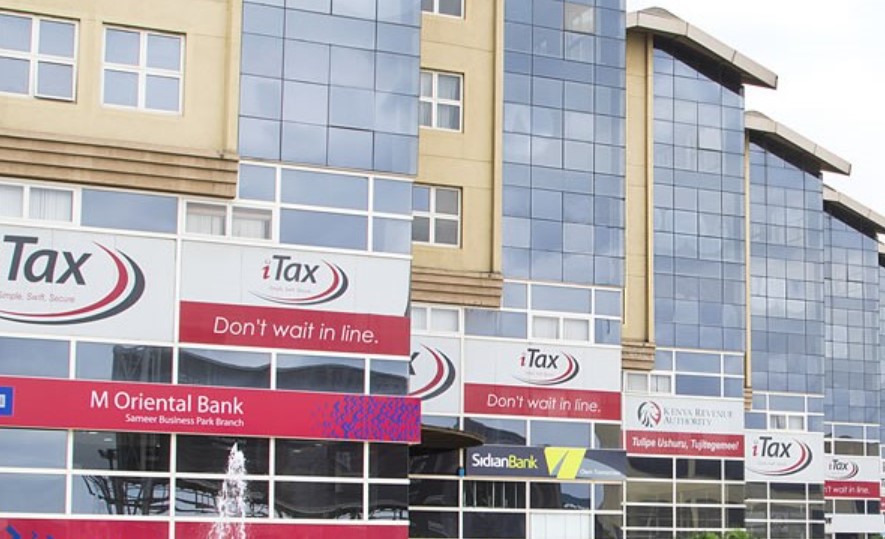The Kenya Revenue Authority (KRA) is pushing for its budget allocations to be capped at a minimum of 2 percent of total targeted revenue collection in every financial year.
Appearing before the National Assembly Finance Committee, KRA Commissioner General Humphrey Wattanga said that anything lower than the proposed percentage threshold will hinder the execution of their mandate.
Further, Wattanga told the House Team that budgetary constraints have led to huge pending bills, insisting that the capping of the budgetary allocation at 2 percent of the revenue targets ought to be anchored in law.
“The Authority has severally submitted proposals on KRA funding for consideration in the Finance Bill to fix the funding in the KRA Act at a minimum rate of 2 per cent of Revenue Targets. The proposal has however not been approved despite justification presented.”
KRA is pushing for its budget allocation to be increased to Kes 35 billion in the proposed allocation for 2024/2025 to avert pending bills, primarily recurrent expenditures.
Did you read this?
The budget proposals for recurrent funding for FY 2024–25 total Kes 22.33 billion, supplemented by an Appropriation-in-Aid (AIA) of Kes 3.64 billion.
However, he pointed out that with staff costs of Kes 24.511 billion, only Kes 1.45 billion remains for other operational needs, far short of the Kes 15.09 billion required.
The authority said that the amount allocated for the upcoming fiscal year 2024–25 will need to be reviewed, blaming the Treasury for the low allocation.
The KRA Commissioner General decried that underfunding has led to increased pending bills, with details showing that in the current financial year, the pending bills have amounted to Sh 9.45 billion.
Additionally, he said that Kes 4.98 billion is the amount of pending bills in different sectors, and Kes 4.47 billion is excisable goods management system debt.
In the breakdown, Kes 1.2 billion is owed to staff medical service providers, Kes 796 million for scanner leasing and maintenance contracts, Kes 792 million for ICT system licenses and maintenance, Kes 522 million for office rental leases, and Kes 173.9 million for insurance expenses.









